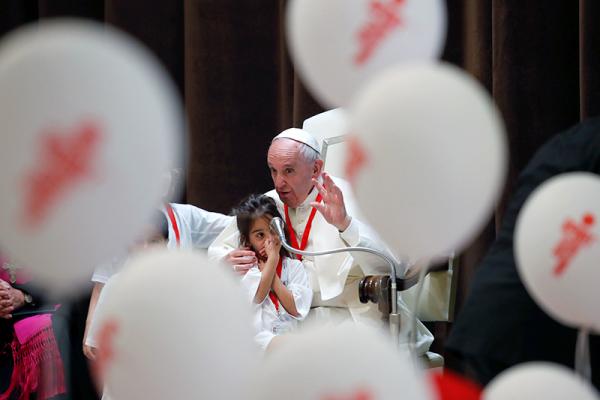Jun 13, 2017
Prominent U.S. ethicists are among a number of international experts chosen by Pope Francis for his bioethics advisory board — a move that might temper the group’s conservative views on sexual morality and life issues.
Read the Full Article

Already a subscriber? Login
